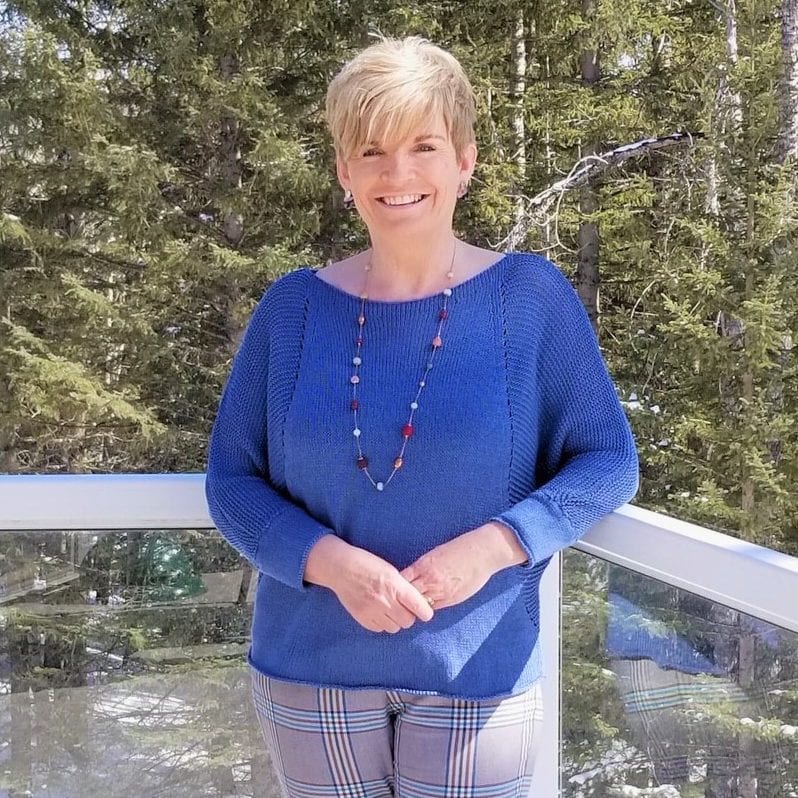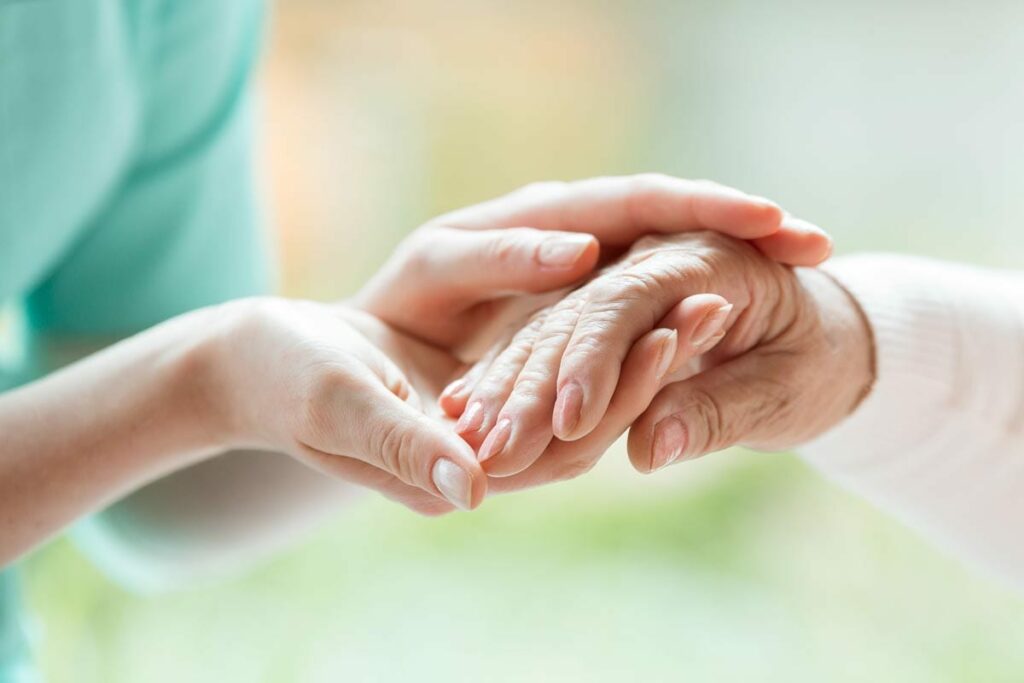When we look at someone we can normally appreciate when they are in physical pain, but it can be nearly impossible to really understand what it feels like for the person to be experiencing ‘emotional pain.’
Not everyone who is experiencing palliative care is in emotional pain as for some it is a relief that the end is near and that they are going to meet their loved ones again. For others it is an overwhelming reaction to the feelings of loss, grief and isolation and can be described as the psychological dimensions of suffering.
Dr. Elisabeth Kubler- Ross (1969) was instrumental in developing the five stages of grief: Denial, Anger, Bargaining, Depression and Acceptance. Not everyone goes through each stage in the same way and although acceptance is inevitable it does not always arrive easily for some.
Why me? Why now? What did I do to deserve this? These are some of the questions posed through the tormented mind of a person who is in the palliative care experience of their life. Working through these questions can only be processed by the person themselves at the pace that they are able to sustain. As health professionals we can ease the process by ‘being there’ to listen and offer support but we will not be able to stop their ‘emotional pain’.
‘Emotional pain’ does hurt and it does cause distress and it takes a person through thoughts of regret, deep sadness for what will be missed in the future and thoughts of what happened in the past; both good and bad. Deep sadness for what they said and for what they did not say. The impending loss of the people who are dearly loved can hurt so much for all involved and difficult to describe the immensity of it all.
Reflecting on life is a way of looking at past experiences in a more thoughtful way and it can often show the original thoughts and feelings of an experience in another way that you have not seen before.
Anger plays a major role in the stages of grief as the anger is often displaced towards family and staff and this can cause great sadness for the family at a time when they are also experiencing emotional turmoil.
Bargaining can be described as negotiating with oneself and others for small wins but can have a huge impact such as ‘a day or even a few hours without pain’ or ‘the ability to enjoy a meal knowing that you will not vomit at the end of it’.
Throughout my own nursing practice I have cared for many people at the end of their life, but one that stands out for me is a gentleman in his 50’s who unfortunately was suffering with ALS (MND) and he was married with two teenage children. This gentleman experienced immense grief and loss and was in emotional turmoil as he saw himself slip away as he became trapped inside his own body and he was not able to do anything about it. There was lots of relationships built with staff and this became very important to this gentleman as he craved stability and consistency and there was also lots of anger and resentment.
As a team we facilitated each change with a plan that he was very much a part of. When he was no longer able to use his fingers to tap the keyboard, advanced technology was introduced so that he was still able to use his keyboard without touching it. Being able to have the opportunity to have some control over your life until your death is essential for one’s own dignity and fulfilment.
This wonderful, brave gentleman had palliative sedation at the end of his life, and I feel privileged to have been with him and he continued to have control until he died very peacefully. As health care professionals we have a very important role to play in that we can help the person navigate through the journey of dying with love, dignity and respect and although we are able to validate their feelings we are also able to offer touch, massage, music therapy, reading to them or just simply sitting there as company or providing a night light or opening the window so that they can hear the birds in the morning and they know they have made it through another night. There is so much that we can do and that we already do to ease the ‘emotional pain’ of those in our care.
You matter because you are you, and you matter to the last moment of your life. We will do all that we can not only to help you peacefully, but also to live until you die.
Cicely Saunders

Nurse Consultant
MCM Canada

